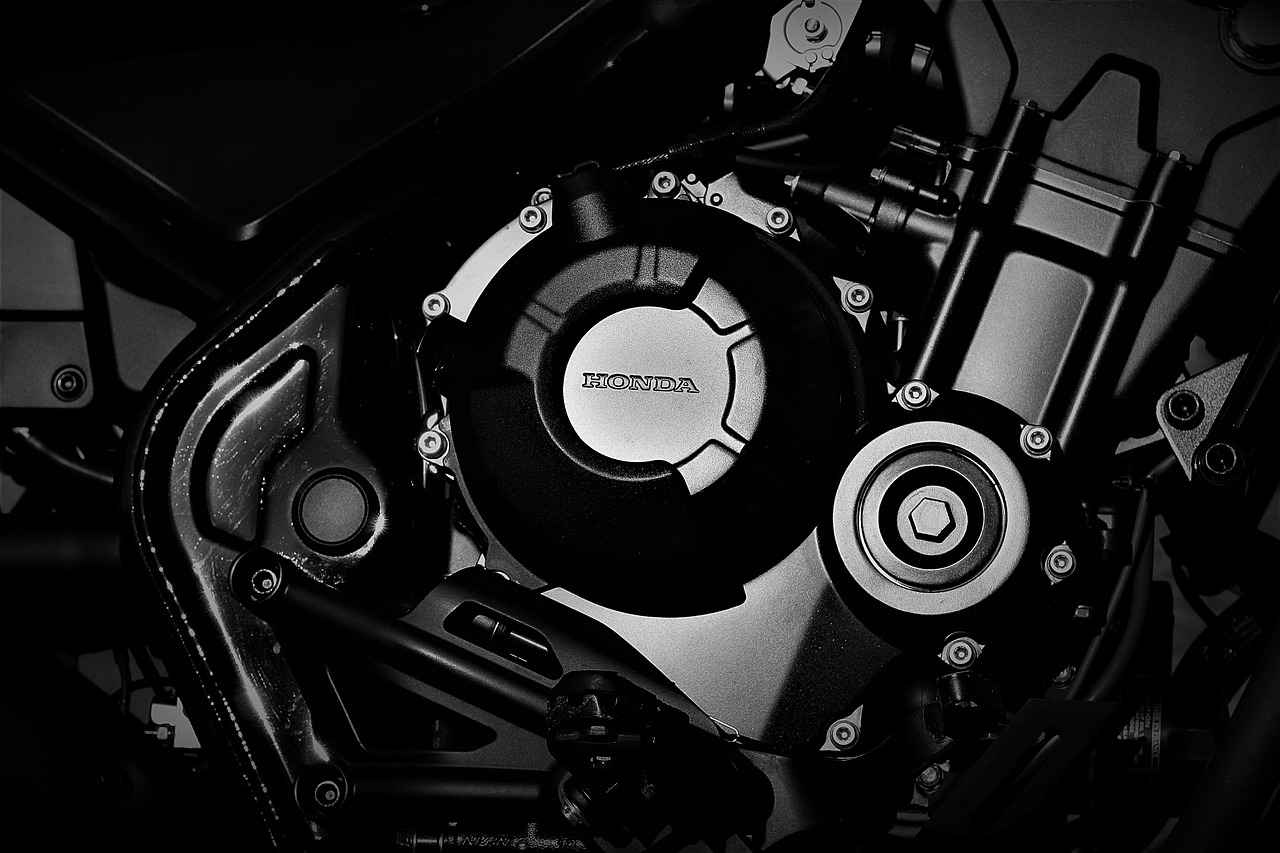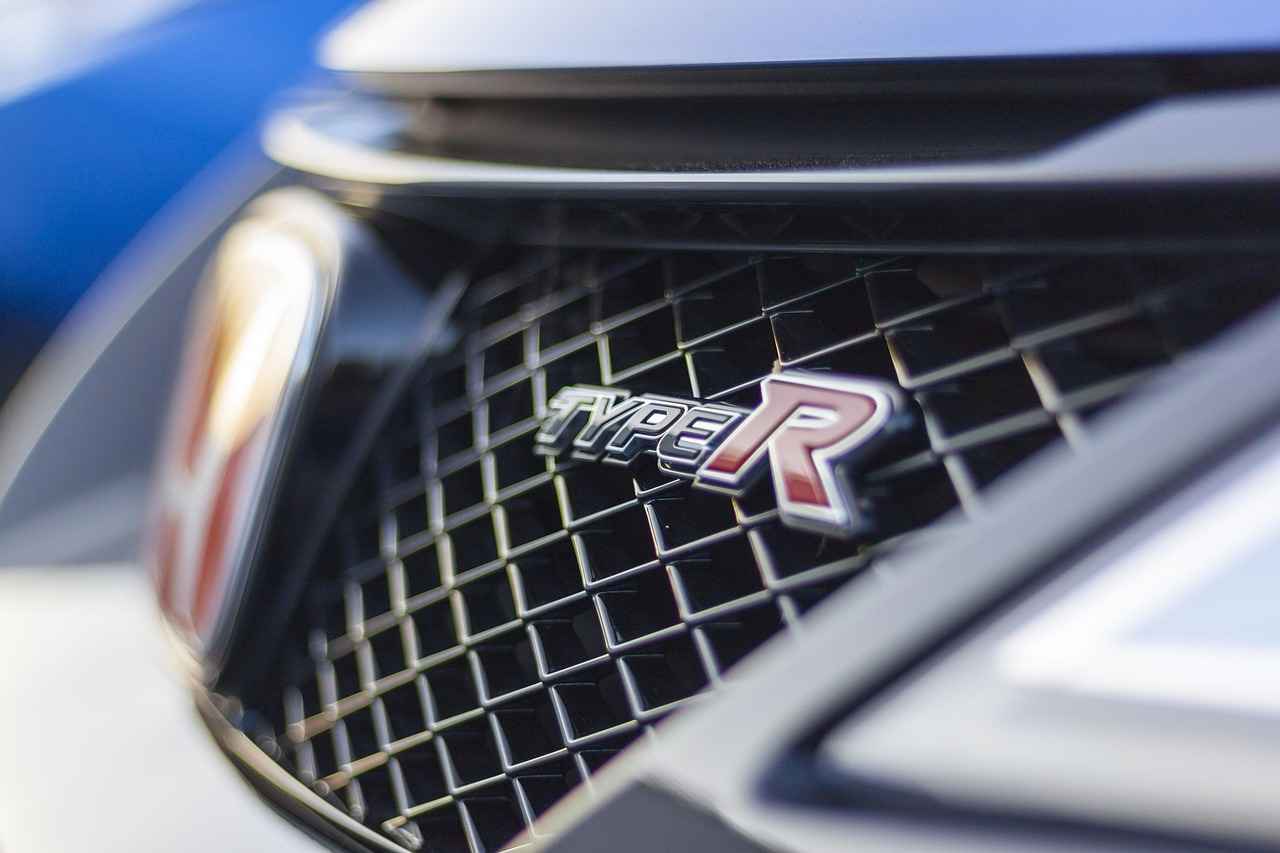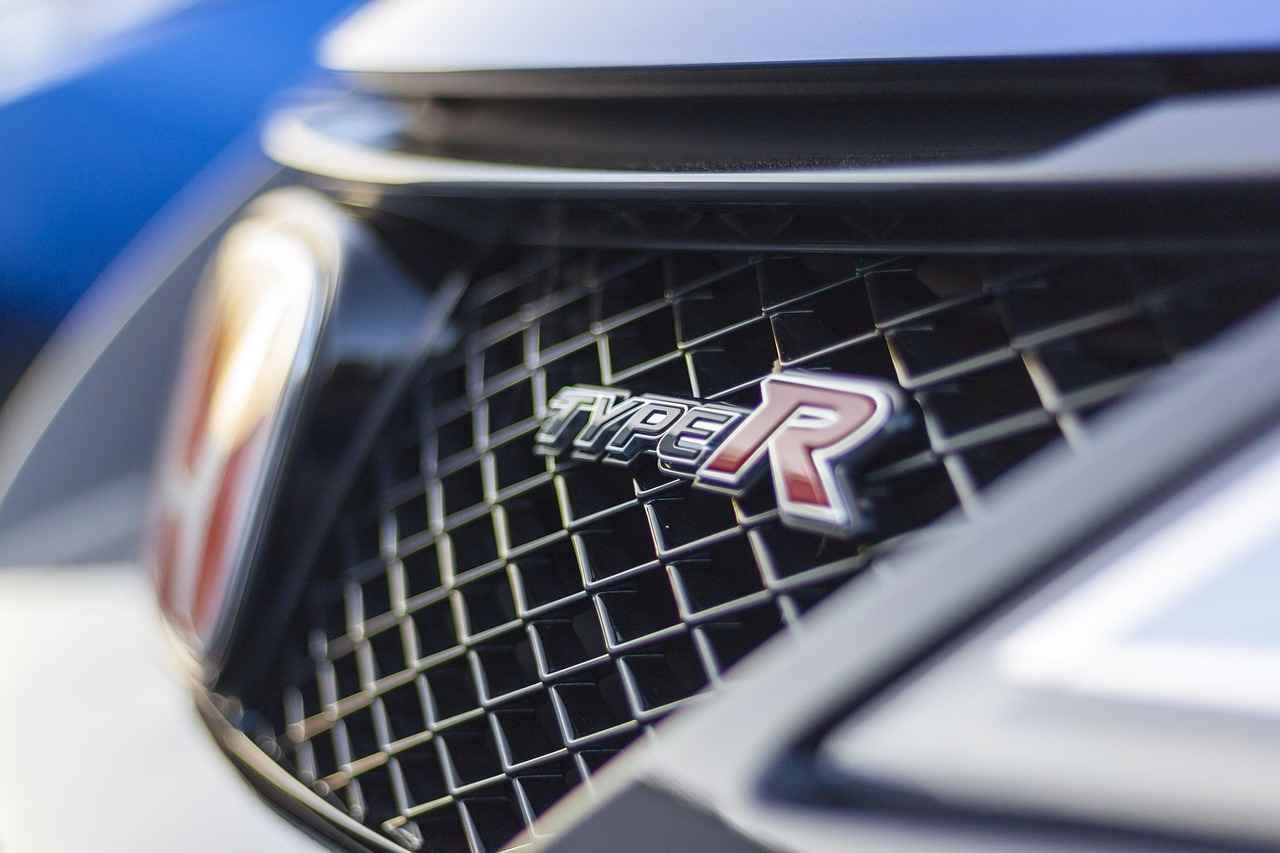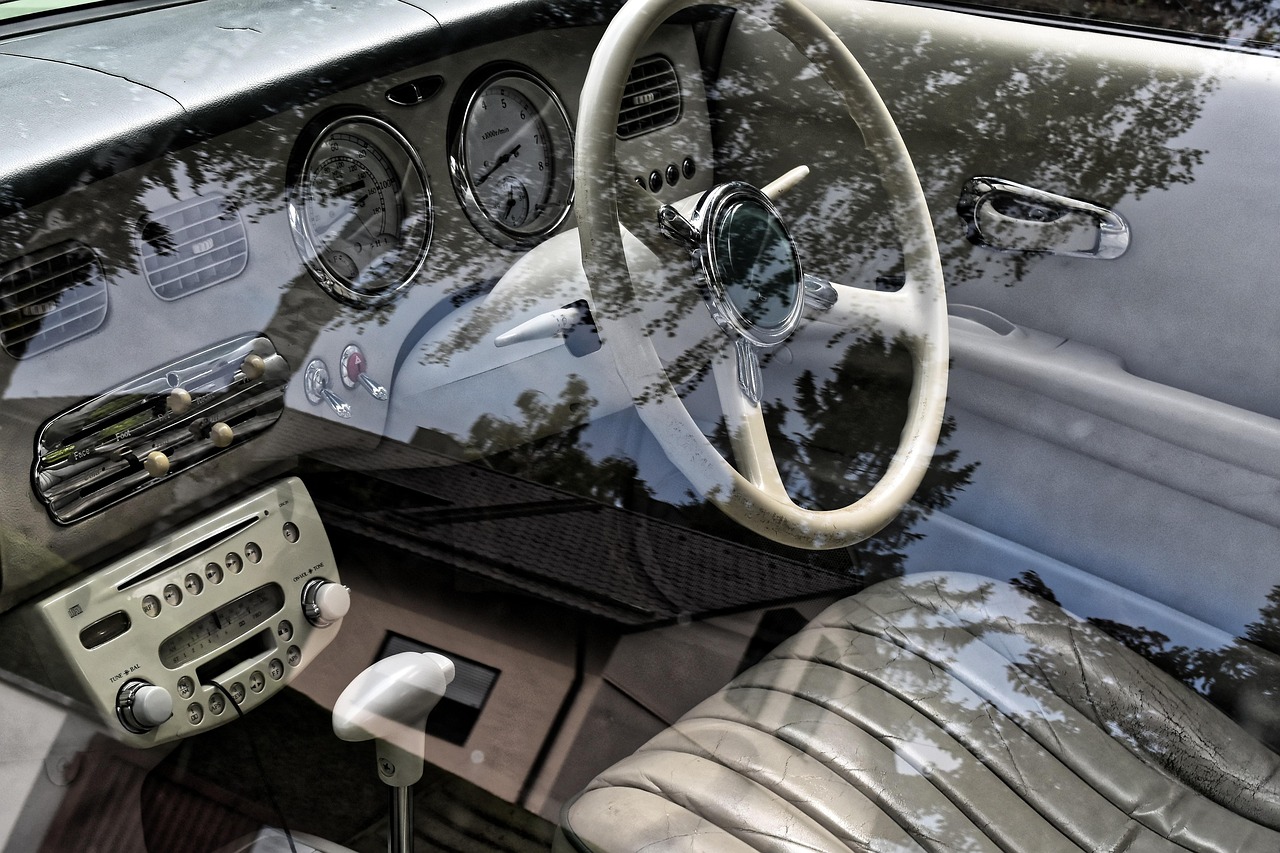This article delves into the key differences between the Honda Civic and Honda Accord, assisting potential buyers in determining which vehicle offers better value based on features, performance, and overall user experience.
Performance Comparison: Civic vs Accord
The performance capabilities of the Honda Civic and Accord exhibit notable distinctions. The Civic typically features a turbocharged engine option that provides a spirited driving experience, while the Accord often boasts a more powerful engine lineup. Buyers should consider handling and driving dynamics as they evaluate which model aligns with their driving preferences.
Fuel Efficiency: Which Model Wins?
Fuel efficiency remains a vital consideration for many car buyers. The Honda Civic generally excels in miles per gallon (MPG) ratings, making it an economical choice for daily commuting. Conversely, the Accord, while slightly less efficient, offers a balance between power and fuel consumption.
Interior Comfort and Space
Interior design and comfort play a significant role in the driving experience. The Honda Accord typically provides more cabin space, allowing for a more comfortable ride, especially for rear passengers. The Civic, while compact, still offers a well-designed interior that maximizes comfort and usability.
Technology Features: A Side-by-Side Analysis
Modern vehicles come equipped with advanced technology. Both the Civic and Accord feature state-of-the-art infotainment systems and driver-assistance features. However, the Accord often includes more premium options, enhancing the overall user experience.
Safety Ratings and Features
Safety is paramount when choosing a vehicle. Both models have received high safety ratings, but the Accord tends to offer more advanced safety features as standard, providing peace of mind for families and everyday drivers alike.
Pricing and Value for Money
Price is often a decisive factor for buyers. The starting prices for both models are competitive, but the Civic may offer a slightly lower entry point. However, the Accord’s additional features may justify its higher price for some buyers.
Maintenance Costs: Civic vs Accord
Understanding the long-term costs of ownership is crucial. Generally, the Civic is known for its lower maintenance and repair costs, making it a more economical choice over time. The Accord, while slightly higher in maintenance, offers a more robust warranty, which can offset some costs.
Resale Value: Which Holds Its Worth Better?
Resale value is an important consideration for future buyers. Historical data indicates that both the Civic and Accord retain their value well, but the Civic often has a slight edge in resale value, making it a smart investment.
Customer Satisfaction and Reviews
Consumer feedback can provide valuable insights. Both models receive positive reviews, with the Civic often praised for its sporty handling and the Accord for its spaciousness and comfort. Expert reviews highlight the strengths and weaknesses of each model, aiding buyers in their decision-making process.
Customization Options: Personalizing Your Ride
Customization can enhance the driving experience. Both the Civic and Accord offer a variety of accessories and packages, allowing buyers to tailor their vehicles to their preferences, whether for aesthetics or functionality.
Environmental Impact: Eco-Friendly Choices
Increasingly, buyers are concerned about the environmental impact of their vehicles. Both models offer hybrid options, with the Civic generally having lower emissions ratings, making it a more eco-friendly choice for environmentally-conscious consumers.
Final Thoughts: Choosing the Right Model for You
With a comprehensive analysis of both vehicles, this article summarizes the key points discussed, aiding potential buyers in making an informed decision based on their individual needs and preferences.

Performance Comparison: Civic vs Accord
The performance comparison between the Honda Civic and Honda Accord reveals notable differences that cater to varying driver preferences. Understanding these distinctions is essential for potential buyers who prioritize performance in their vehicle choice.
When it comes to engine specifications, the Honda Civic typically offers a range of turbocharged engines that deliver a spirited driving experience. For instance, the Civic’s 2.0-liter engine generates around 158 horsepower, while the available 1.5-liter turbocharged variant can produce up to 180 horsepower. In contrast, the Honda Accord features a more robust engine lineup, including a standard 1.5-liter turbocharged engine with 192 horsepower and an optional 2.0-liter turbocharged engine that can deliver up to 252 horsepower. This makes the Accord a more powerful option for those seeking a dynamic driving experience.
In terms of handling, both models are engineered to provide a responsive and enjoyable drive. The Civic is often praised for its agile handling and sporty feel, making it a favorite among enthusiasts who appreciate a more engaging driving style. The Accord, while slightly larger, offers a comfortable ride with refined handling, striking a balance between sportiness and comfort.
When evaluating driving dynamics, the Civic excels in providing a lively and spirited performance, particularly in its sportier trims. The Accord, on the other hand, emphasizes a smooth and stable ride, making it a better choice for long-distance travel and daily commutes.
Ultimately, the choice between the Honda Civic and Accord will depend on individual preferences regarding power, handling, and overall driving experience. Buyers looking for a sportier ride may gravitate towards the Civic, while those seeking a more powerful and comfortable vehicle may find the Accord to be the superior choice.

Fuel Efficiency: Which Model Wins?
When it comes to purchasing a vehicle, fuel efficiency is often a top priority for many buyers. In today’s market, where gas prices can fluctuate dramatically, understanding how far your car can go on a gallon of fuel is essential. The Honda Civic and Honda Accord are two popular models that frequently come up in discussions about economical driving. In this section, we will delve into the miles per gallon (MPG) ratings of both vehicles to determine which one offers better fuel economy for daily driving.
The Civic, known for its compact design and lightweight structure, typically boasts impressive fuel efficiency ratings. Depending on the engine configuration, the Civic can achieve an astonishing up to 36 MPG in the city and up to 42 MPG on the highway. This makes it an excellent choice for urban commuters and long-distance travelers alike.
On the other hand, the Accord, while slightly larger and more powerful, still manages to maintain competitive fuel efficiency. With its hybrid variant, the Accord can reach up to 48 MPG in the city and up to 47 MPG on the highway. These figures highlight the Accord’s ability to blend performance with economy, making it a strong contender for those looking for a midsize sedan.
| Model | City MPG | Highway MPG |
|---|---|---|
| Honda Civic | Up to 36 | Up to 42 |
| Honda Accord | Up to 48 (Hybrid) | Up to 47 (Hybrid) |
In conclusion, while the Civic is a fantastic option for those prioritizing fuel efficiency in a compact car, the Accord offers a compelling choice, especially with its hybrid model. Ultimately, the decision will depend on your specific driving needs and preferences.

Interior Comfort and Space
When it comes to choosing a vehicle, interior design and comfort are crucial factors that significantly influence the overall driving experience. In this section, we will conduct a comprehensive comparison of the cabin space, seating comfort, and overall design aesthetics of the Honda Civic and Honda Accord.
The Honda Civic is known for its compact yet efficient use of space. With a well-designed cabin, it offers a surprising amount of room for both passengers and cargo. The front seats are designed to provide a comfortable driving position, while the rear seats offer ample legroom for passengers. The overall layout is user-friendly, with controls that are easy to reach and operate.
On the other hand, the Honda Accord takes comfort to another level with its spacious interior. It features a more expansive cabin that allows for greater headroom and legroom, making long drives more enjoyable. The seating in the Accord is plush, with available leather upholstery that adds a touch of luxury. Additionally, the rear seats in the Accord are particularly generous, accommodating taller passengers with ease.
| Feature | Honda Civic | Honda Accord |
|---|---|---|
| Front Seat Comfort | Good support, sporty feel | Excellent cushioning, luxurious feel |
| Rear Seat Space | Decent legroom | Spacious and roomy |
| Cargo Capacity | Moderate space | Generous trunk space |
In terms of design aesthetics, the Civic leans towards a more modern and youthful look, appealing to a younger demographic. Its dashboard layout is sleek and contemporary, featuring high-quality materials that enhance the overall visual appeal. Conversely, the Accord exudes a more sophisticated and mature design, with an emphasis on elegance and refinement. The materials used in the Accord’s interior are often considered to be of a higher quality, contributing to a more upscale feel.
Ultimately, both the Honda Civic and Accord offer unique advantages in terms of interior comfort and design. Your choice will depend on your personal preferences and how you prioritize space and aesthetics in your driving experience.

Technology Features: A Side-by-Side Analysis
In today’s automotive landscape, technology features play a crucial role in enhancing the driving experience. Both the Honda Civic and Honda Accord are equipped with cutting-edge technology that caters to the needs of modern drivers. This section will delve into the infotainment systems, connectivity options, and driver-assistance features available in these popular models.
The infotainment system in both the Civic and Accord has been designed with user-friendliness in mind. The Civic features a 7-inch touchscreen display that supports Apple CarPlay and Android Auto, allowing seamless integration with smartphones. In contrast, the Accord boasts a larger 12.3-inch touchscreen, which provides a more immersive experience and includes additional features such as a premium audio system and navigation options.
When it comes to connectivity options, both vehicles offer Bluetooth and USB connectivity. However, the Accord takes a step further by including wireless charging capabilities in higher trims, making it easier to keep devices powered without the clutter of cables. Additionally, both models feature multiple USB ports to accommodate passengers’ devices.
Driver-assistance features have become a significant selling point in modern vehicles. The Honda Sensing suite is standard in both the Civic and Accord, providing a range of safety technologies. These include adaptive cruise control, lane-keeping assist, and collision mitigation braking. The Accord, however, offers more advanced options such as a head-up display and a 360-degree camera system, enhancing the overall safety and convenience for drivers.
In summary, both the Honda Civic and Accord are equipped with advanced technology features that cater to the needs of tech-savvy consumers. While the Civic offers a solid foundation with essential features, the Accord elevates the experience with larger displays, additional connectivity options, and enhanced driver-assistance technologies.

Safety Ratings and Features
Safety is a crucial factor for many when selecting a vehicle, and the Honda Civic and Honda Accord are no exceptions. Both models have established a reputation for their reliability and safety features, making them popular choices among consumers. In this section, we will explore their safety ratings, crash test results, and standard safety features to provide a comprehensive assessment of their capabilities.
When it comes to safety ratings, both the Honda Civic and Accord have received high marks from reputable organizations such as the National Highway Traffic Safety Administration (NHTSA) and the Insurance Institute for Highway Safety (IIHS). The Civic has consistently earned a 5-star overall safety rating from the NHTSA, while the Accord has also achieved similar accolades, making both vehicles suitable options for safety-conscious buyers.
In terms of crash test results, both models have demonstrated impressive performance. For instance, the IIHS has awarded both the Civic and Accord with the Top Safety Pick+ designation, indicating their excellent crashworthiness and crash avoidance technologies. These ratings are based on rigorous testing, including front and side-impact tests, roof strength evaluations, and evaluations of head restraints.
Standard safety features in both models include:
- Adaptive Cruise Control
- Lane Keeping Assist
- Automatic Emergency Braking
- Road Departure Mitigation
- Collision Mitigation Braking System
These advanced safety technologies not only enhance driver confidence but also contribute to a safer driving experience for passengers. Additionally, both vehicles offer optional upgrades, such as blind-spot monitoring and rear cross-traffic alert, providing further peace of mind.
In summary, the Honda Civic and Accord stand out in the realm of safety, with their high ratings, robust crash test results, and comprehensive safety features. Buyers can feel confident in their choice of either model, knowing that they prioritize safety as a fundamental aspect of their design.

Pricing and Value for Money
When considering a new vehicle, price is often a pivotal factor for potential buyers. In this section, we will delve into the starting prices, available trims, and overall value for money offered by the Honda Civic and Honda Accord.
| Model | Starting Price | Available Trims | Key Features |
|---|---|---|---|
| Honda Civic | $23,000 |
|
|
| Honda Accord | $27,000 |
|
|
The Honda Civic starts at a more affordable price point compared to the Honda Accord, making it an appealing choice for budget-conscious buyers. However, the Accord offers more spacious interiors and additional features that may justify its higher price tag for those seeking comfort and luxury.
In terms of value for money, both models provide competitive features that cater to different needs. The Civic excels in fuel economy and lower ownership costs, while the Accord shines with its premium features and larger cabin space. Ultimately, the decision will depend on individual preferences and budget constraints.
In summary, potential buyers should evaluate their priorities—whether it’s affordability or advanced features—when choosing between the Honda Civic and Accord, as both models have distinct advantages that cater to different market segments.

Maintenance Costs: Civic vs Accord
Understanding the long-term costs of ownership is crucial when evaluating any vehicle, particularly the Honda Civic and Honda Accord. Both models are renowned for their reliability, but the maintenance and repair costs can vary significantly over time. In this section, we will analyze these costs, providing potential buyers with valuable insights into the economic viability of each model.
When it comes to routine maintenance, the Honda Civic generally has lower costs compared to the Honda Accord. This is primarily due to its smaller engine size and simpler mechanics, which often translate to less expensive parts and labor. For instance, the Civic’s oil changes, tire rotations, and brake services tend to be more affordable, making it a popular choice for budget-conscious drivers.
In contrast, the Honda Accord, being a midsize sedan, may incur higher maintenance expenses. Its larger engine and additional features can lead to increased costs for repairs and parts replacement. However, the Accord’s durability and longevity often offset these higher costs, as many owners find that they can enjoy their vehicle for many years without significant issues.
| Maintenance Item | Civic Average Cost | Accord Average Cost |
|---|---|---|
| Oil Change | $30 – $50 | $40 – $70 |
| Tire Rotation | $20 – $40 | $30 – $50 |
| Brake Pads Replacement | $150 – $250 | $200 – $300 |
Additionally, it’s important to consider the frequency of repairs. The Civic has a reputation for requiring fewer repairs than the Accord, which can further reduce overall ownership costs. However, the Accord often comes equipped with more advanced technology and features, which may necessitate occasional repairs that could be more expensive.
In summary, while the Honda Civic typically offers lower maintenance costs, the Honda Accord may provide greater value in terms of performance and features over time. Buyers should weigh these factors carefully to determine which model aligns best with their financial goals and driving needs.

Resale Value: Which Holds Its Worth Better?
Resale value is a crucial factor for prospective car buyers, as it significantly impacts the long-term cost of ownership. When evaluating the Honda Civic and Honda Accord, understanding how each model retains its value over time can help buyers make informed decisions. This section delves into historical resale data, examining trends and factors that contribute to the resale value of these two popular vehicles.
According to various automotive market analyses, the Honda Civic has consistently ranked among the top vehicles for resale value. Its reputation for reliability, fuel efficiency, and sporty design appeals to a wide range of buyers, which helps maintain demand in the used car market. In fact, studies show that the Civic retains approximately 60% of its original value after five years, making it a smart investment for those concerned about depreciation.
On the other hand, the Honda Accord also demonstrates strong resale performance, holding about 55% of its value after five years. The Accord is often favored for its spacious interior, advanced technology features, and overall comfort, attracting families and professionals alike. Its ability to retain value can be attributed to its robust build quality and Honda’s reputation for producing durable vehicles.
| Model | 5-Year Resale Value | Key Factors Affecting Value Retention |
|---|---|---|
| Honda Civic | 60% | Reliability, fuel efficiency, sporty appeal |
| Honda Accord | 55% | Spaciousness, technology, comfort |
In summary, while both the Civic and Accord exhibit strong resale values, the Civic edges out slightly ahead due to its broader appeal and consistent demand. Buyers should consider their personal preferences and intended use when choosing between these two models, as both offer excellent long-term value.

Customer Satisfaction and Reviews
When it comes to choosing between the Honda Civic and the Honda Accord, understanding customer satisfaction and expert reviews can be invaluable. This section delves into the feedback from actual owners and industry experts, providing a clear picture of what each model brings to the table.
According to numerous consumer reports, the Honda Civic is often praised for its sporty handling and fuel efficiency. Many drivers appreciate its responsive steering and compact design, making it an ideal choice for urban commuting. However, some users have pointed out that rear seat space can feel a bit cramped, particularly for taller passengers.
On the other hand, the Honda Accord is celebrated for its spacious interior and comfortable seating. Owners frequently mention the luxurious feel of the cabin and the user-friendly technology features. Nevertheless, some reviews indicate that the Accord’s larger size can make it less agile compared to the Civic, which may be a consideration for those who prefer a more nimble vehicle.
| Model | Strengths | Weaknesses |
|---|---|---|
| Honda Civic | Sporty handling, fuel efficiency, compact design | Limited rear seat space |
| Honda Accord | Spacious interior, comfortable seating, luxurious feel | Less agile due to larger size |
Expert reviews also highlight the reliability of both models, with both the Civic and Accord consistently receiving high marks for their durability and low maintenance costs. This reliability is a significant factor for many buyers, as it directly impacts long-term ownership satisfaction.
In summary, while both the Honda Civic and Honda Accord have their unique strengths and weaknesses, consumer feedback indicates that personal preferences regarding space, handling, and features will largely determine which model is the better fit for potential buyers.

Customization Options: Personalizing Your Ride
When it comes to enhancing the driving experience, customization plays a vital role. Both the Honda Civic and Accord offer a wide range of accessories and packages that allow buyers to tailor their vehicles according to their unique preferences and lifestyles. This personalization not only improves aesthetics but also enhances functionality and comfort.
For the Honda Civic, customization options include:
- Exterior Accessories: Choose from various body kits, spoilers, and custom paint options to give your Civic a distinctive look.
- Interior Enhancements: Upgrade your cabin with premium materials, custom floor mats, and ambient lighting systems.
- Performance Packages: Enhance your Civic’s performance with sport-tuned suspensions, upgraded exhaust systems, and engine tuning options.
- Technology Add-ons: Equip your vehicle with advanced infotainment systems, upgraded sound systems, and smartphone integration features.
On the other hand, the Honda Accord provides a plethora of customization choices, including:
- Luxury Packages: Elevate your driving experience with leather seating, heated seats, and premium audio systems.
- Safety Features: Customize your Accord with additional safety technologies, such as adaptive cruise control and lane-keeping assist.
- Exterior Styling: Add a touch of elegance with chrome accents, alloy wheels, and custom grilles.
- Convenience Options: Enhance practicality with roof racks, cargo organizers, and all-weather floor mats.
Ultimately, the ability to customize your Honda Civic or Accord allows you to create a vehicle that truly reflects your personality and meets your specific needs. Whether you prioritize style, performance, or comfort, both models provide ample opportunities for personalization. By exploring these options, buyers can ensure their new vehicle is not just a mode of transport, but a true extension of themselves.

Environmental Impact: Eco-Friendly Choices
As environmental awareness continues to grow, consumers are increasingly prioritizing the eco-friendliness of their vehicles. In this section, we will delve into the environmental impact of the Honda Civic and Honda Accord, focusing on their emissions ratings, hybrid options, and overall sustainability.
The Honda Civic is renowned for its impressive fuel efficiency, with several models achieving remarkable miles per gallon (MPG) ratings. This efficiency translates into lower carbon emissions, making it a popular choice for environmentally conscious buyers. The Civic’s hybrid variant further enhances its eco-friendly credentials, combining a gasoline engine with an electric motor to reduce fuel consumption and emissions significantly.
On the other hand, the Honda Accord also boasts a robust lineup of fuel-efficient options. The Accord’s hybrid model is particularly noteworthy, offering advanced technology that optimizes power usage and minimizes emissions. With its spacious interior and refined design, the Accord hybrid appeals to families looking for both comfort and sustainability.
| Model | Fuel Efficiency (MPG) | Emissions (g CO2/km) | Hybrid Option |
|---|---|---|---|
| Honda Civic | 33-42 | 110-130 | Yes |
| Honda Accord | 30-38 | 120-140 | Yes |
Both models incorporate advanced technology to enhance their eco-friendliness. Features such as regenerative braking in hybrid models help recover energy during braking, further improving efficiency. Additionally, Honda’s commitment to sustainability extends beyond vehicle design; the company actively seeks to reduce the environmental impact of its manufacturing processes.
In summary, both the Honda Civic and Accord offer compelling eco-friendly options that cater to environmentally conscious consumers. With their hybrid variants and impressive fuel efficiency, buyers can enjoy a driving experience that aligns with their values while reducing their carbon footprint.

Final Thoughts: Choosing the Right Model for You
When it comes to selecting a vehicle that best suits your lifestyle, understanding the nuances between models is essential. In this analysis, we have delved into the significant attributes of the Honda Civic and Honda Accord, two of the most popular choices in the compact and midsize sedan markets. Each model offers unique advantages that cater to different preferences and requirements.
The Civic is often celebrated for its sporty performance and fuel efficiency, making it an excellent choice for those who prioritize agility and economy. Its compact size also enhances maneuverability in urban settings. Conversely, the Accord shines in providing a more spacious interior and advanced technology features, appealing to families and individuals who value comfort and connectivity.
Throughout this article, we have examined critical factors such as performance, fuel efficiency, interior comfort, and safety ratings. Each of these elements plays a vital role in determining which vehicle aligns with your personal needs. For instance, if you frequently embark on long journeys, the Accord’s generous cabin space and additional tech features may enhance your driving experience. On the other hand, if your daily commute involves navigating city traffic, the Civic’s compact design and nimble handling could be more beneficial.
Ultimately, the decision between the Honda Civic and Accord should be guided by a clear understanding of your unique priorities. Whether you value performance, comfort, or economy, both vehicles have proven to deliver exceptional value. By reflecting on the information presented and considering your personal preferences, you can confidently make an informed choice that will serve you well for years to come.
Frequently Asked Questions
- What are the main differences in performance between the Honda Civic and Accord?
The Honda Civic typically offers a sportier feel with its nimble handling and responsive engine options, while the Accord is known for its smooth ride and powerful performance, especially with its available turbocharged engines. If you prefer a more dynamic driving experience, the Civic might be your pick!
- Which model is more fuel-efficient?
When it comes to fuel efficiency, the Honda Civic generally has the edge, especially in its compact form. However, the Accord also offers impressive MPG ratings, particularly in its hybrid variant. If saving on gas is a priority, both models have options worth considering!
- How do the interior features compare?
The Accord boasts a more spacious interior with premium materials, making it ideal for families or those who value comfort. The Civic, while smaller, offers a modern design and user-friendly layout. It’s like choosing between a cozy apartment and a chic studio—both have their charm!
- What are the safety ratings for both vehicles?
Both the Honda Civic and Accord have received high safety ratings from organizations like the IIHS and NHTSA. They come equipped with a variety of standard safety features, ensuring peace of mind on the road. It’s always reassuring to drive a car known for its safety!
- How do maintenance costs compare for the Civic and Accord?
Generally, both vehicles have similar maintenance costs, but the Civic might have a slight advantage due to its lower repair frequency. Regardless, both models are known for their reliability, making them smart choices in the long run!



